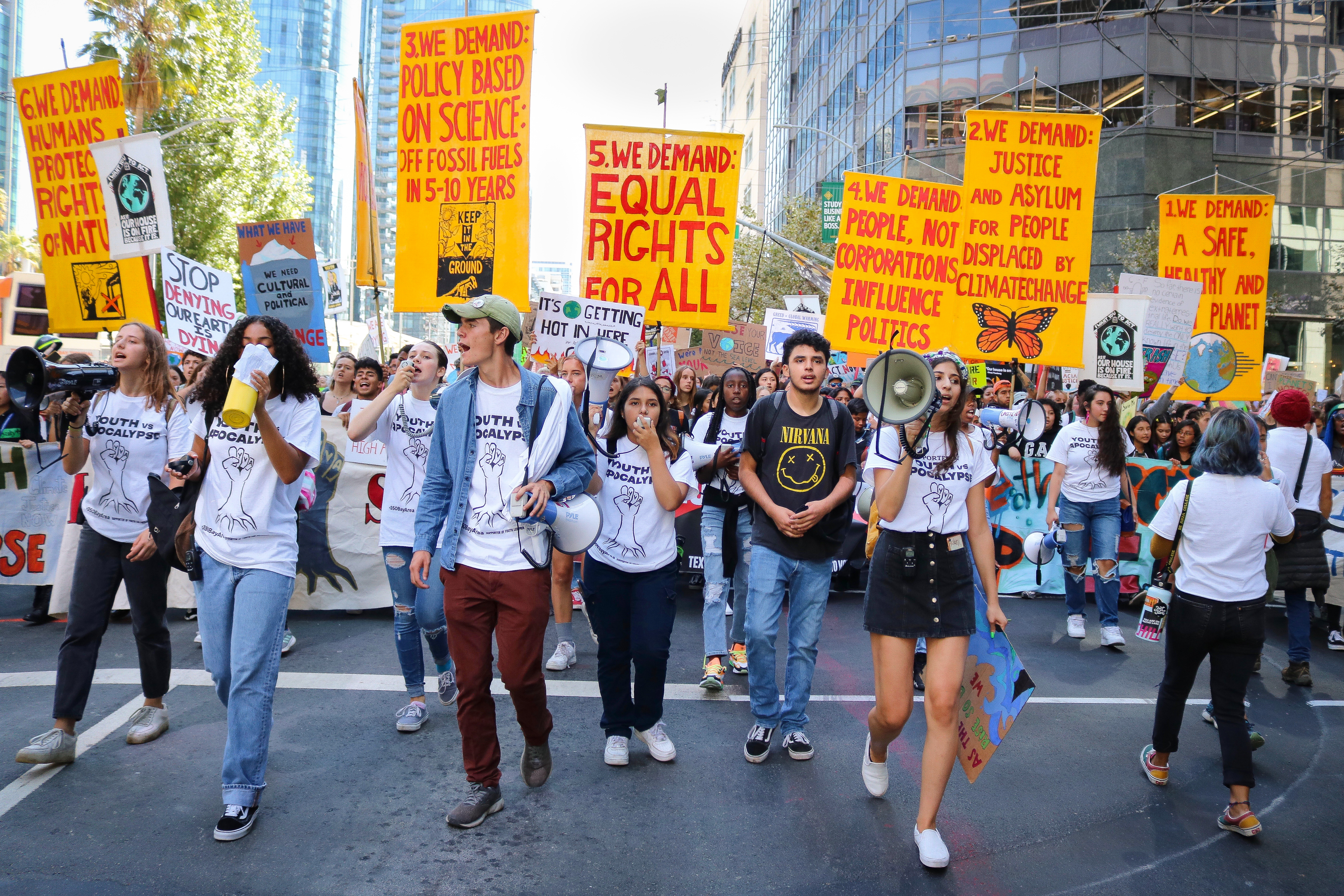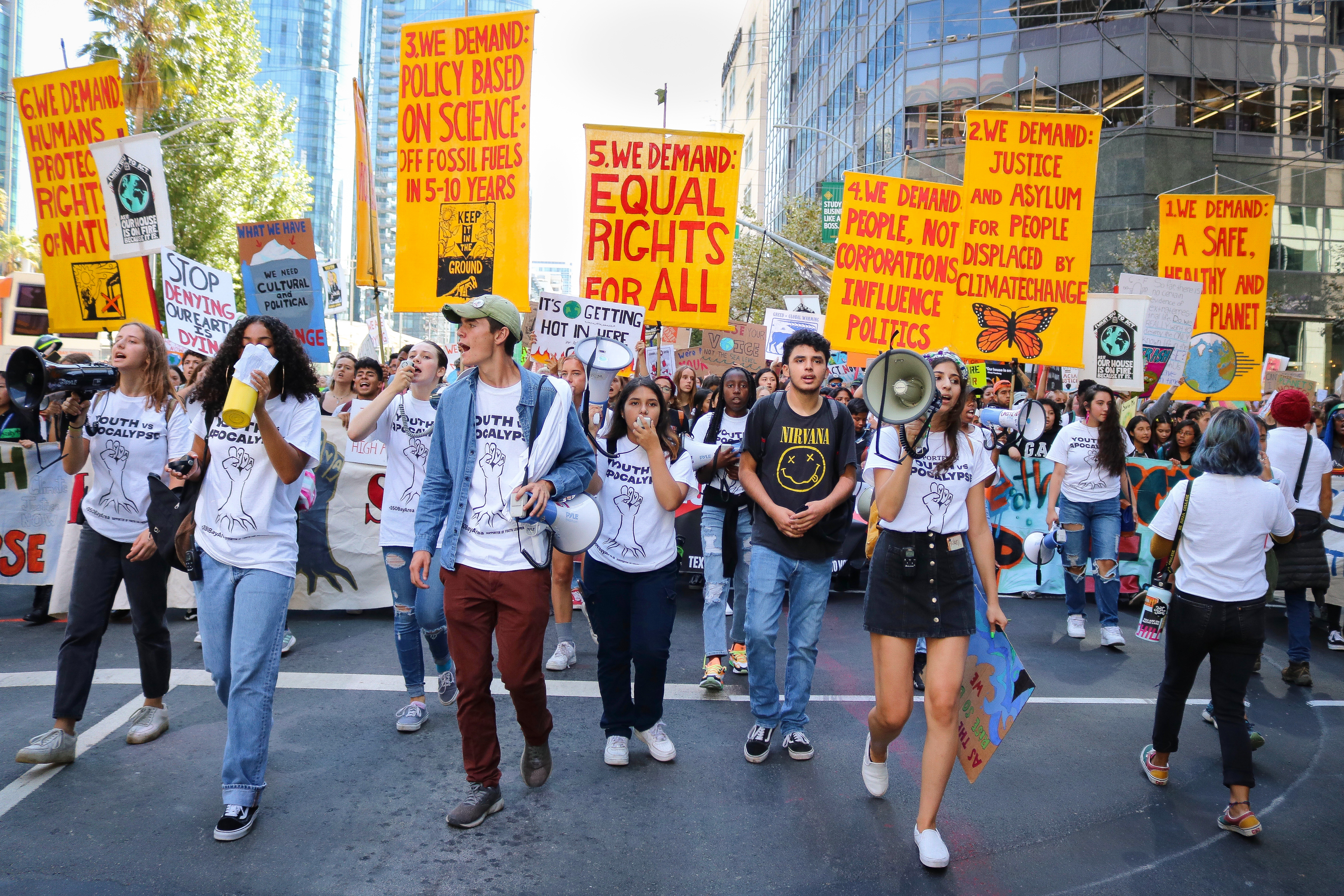
Photo by Gabe Castro-Root
In 16 states, 17-year-olds who will turn 18 before the next general election are allowed to vote in primary and special elections. Those of us in California, however, do not have that privilege.
Luckily, a fix may be on the way. An amendment to the state Constitution, called Assembly Constitutional Amendment 4 (ACA 4), would allow those 17-year-olds to “vote in any intervening primary or special election that occurs before the next general election.”
The amendment, which passed the State Assembly by a vote of 58-13 last August, was introduced by Assemblyman Kevin Mullin, a Democrat who represents South San Francisco and San Mateo County. If the amendment passes the State Senate, which it is expected to do, ACA 4 will appear on the ballot for voters to ratify on November 3.
Those who oppose the amendment have argued that 17-year-olds are likely to be under the strong influence of their parents and teachers, meaning that their vote will not be an expression of their own opinion. However, many 17-year-olds are already politically engaged—in the last few years, teenagers have organized international movements including March For Our Lives and The Youth Climate Strike, among many others. Many of us who will be 18 by November are influencing the vote from outside the ballot box, and if we have a say in the general election, once both parties have chosen their candidates for office, why not let us have a say in the nominating process?
When a person turns 18, they don’t suddenly lose the values that have been instilled in them by adults they look up to. On the contrary, all of us are constantly evolving in how we view the world, and the lessons we’ve learned from trusted adults inevitably shape our ideologies, whether or not we agree with their views.
In a statement issued in support of the amendment, The California Association of Student Council argued that young voters need the experience of participating in the nominating process in order to make an educated choice come the general election. “Assembly Constitutional Amendment [4] would ensure that a greater number of citizens voting in the general election have the resources and experience they need to provide the vote that best matches their own values,” the statement read.
Nearly 200,000 Californians, born between March and November of 2002, would have had the opportunity to vote in the upcoming primary election had ACA 4 already been in place, according to data from the US Census Bureau. While the amendment will not affect the 2020 election and thus won’t make a difference for those of us on the Paper Tiger staff whose birthdays fall in that period, the passage of the amendment will ensure that a similar number of young people are eligible to vote in future elections, beginning with the 2022 midterms.
In San Francisco, high school students as young as 16 can work at polling places on election day, providing critical assistance to voters as they cast their ballots. If we trust 16-year-olds to help voters, we should be able to trust almost-18-year-olds to vote for themselves.
Right now, the Trump Administration is actively putting our future at risk by rolling back regulations on everything from clean air and water to toxic chemicals. With so much on the line, the voices of young people must be heard. Expanding the right to vote is a long-overdue step in the right direction.







